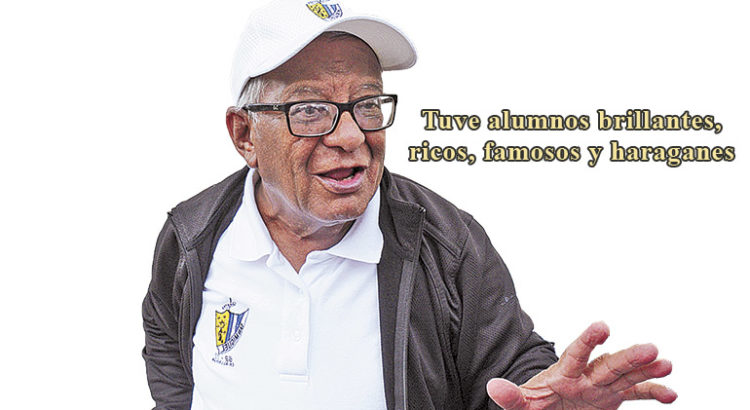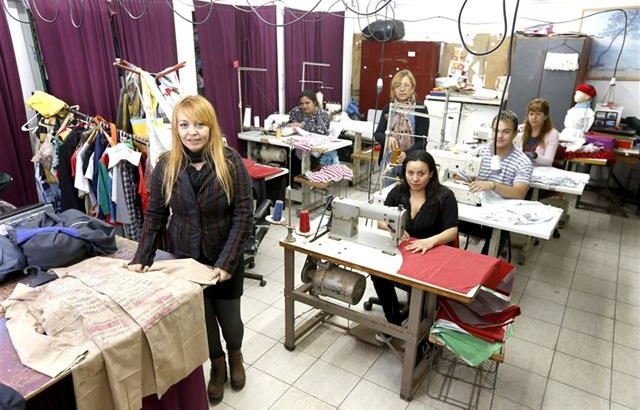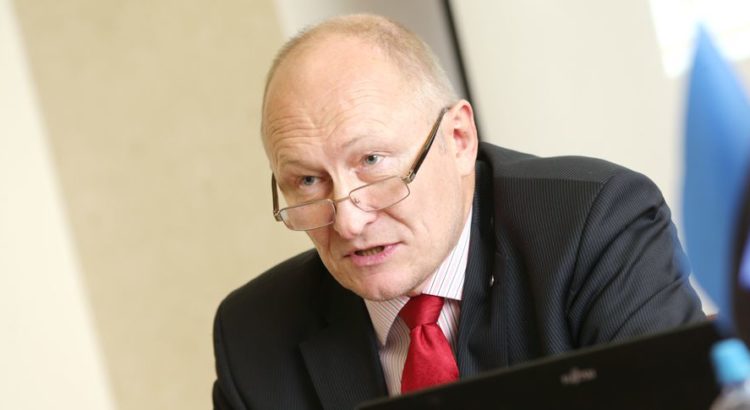21 agosto 2017/Fuente: Educaweb
¿Cómo y cuándo se inicia una estrategia de marketing en un centro educativo?
La realidad de los centros educativos es diversa y la necesidad de plantearse una estrategia de marketing para la captación de alumnos responde a diversos motivos.
El centro puede observar un descenso en la demanda en el momento de la preinscripción, o bien puede experimentar una movilidad del alumnado durante y al final de curso. Estos son indicadores que los centros analizan para identificar las causas y desarrollar estrategias de captación y de fidelización de las familias.
Es en este sentido cuando se hace imprescindible una buena estrategia de marketing en un centro educativo, dirigido a compensar, modificar, las causas que pueden provocar la falta de confianza de las familias en el centro educativo.
¿Qué importancia tiene la comunicación externa e interna para el centro educativo?
La comunicación es un elemento esencial en toda organización, y de manera significativa en los centros educativos.
A nivel interno como elemento facilitador tanto del trabajo de las personas que desempeñan sus funciones, docentes y no docentes, como para la creación de un clima adecuado que favorezca el aprendizaje de los alumnos en todos y cada uno de los momentos, espacios y situaciones en el centro.
A nivel externo, la comunicación ha de posibilitar que este clima se proyecte más allá de las paredes del centro y, al mismo tiempo, el centro pueda enriquecerse de la interacción que se establezca a partir de esta comunicación.
¿Cuáles son las estrategias de comunicación más innovadoras?
La realidad social a la que, sin duda, pertenecen todos los centros educativos, impone tener en consideración todos los avances de la propia sociedad, tanto para su incorporación en los procesos de aprendizaje como en todos los procesos de la vida del centro educativo, y la comunicación es uno de los procesos clave.
Por tanto, la incorporación de las nuevas tecnologías parece evidente. Pero no podemos olvidar estrategias de comunicación que permitan el trato directo y personalizado, una comunicación con implicaciones de desarrollo de la inteligencia emocional de las personas, que permita el acercamiento, el cuidado, el acompañamiento, la orientación.
La innovación no está únicamente en la tecnología, la innovación muchas veces está en aquellas cosas sencillas que nos permiten conseguir el objetivo perseguido, haciendo otras cosas. Por tanto, creo profundamente que no puede haber innovación sin creatividad, sin atrevernos a hacerlo de otra manera.
¿Cuáles son los aspectos clave que debe comunicar un centro? ¿Resulta positivo basar la estrategia en la diferenciación respecto a otros centros?
La finalidad de todo centro educativo es la de proporcionar a todos sus alumnos los aprendizajes que les lleven al éxito educativo y, consecuentemente a poder desarrollar un proyecto de vida autónomo e integrado en la sociedad. Como digo, esto es común a todos los centros educativos, sea cual sea la etapa educativa. Al final todos contribuyen a la mejora de la sociedad futura a través de la formación de los alumnos.
Sin obviar esto, por tanto es una de los aspectos a considerar en la estrategia de comunicación de un centro, es muy importante que se identifique la singularidad, el valor añadido, las expectativas de futuro para los alumnos.
Esto viene definido a través de cómo lo hacemos, porqué lo hacemos así, éste es el valor a transmitir, el convencimiento en el Proyecto Educativo del Centro para dar respuesta a las necesidades y expectativas de nuestros alumnos y de sus familias.
¿Qué características debe tener un plan de comunicación eficaz para favorecer la captación?
Pensar a quien va dirigido el mensaje que queremos transmitir para garantizar la comunicación, adecuando los canales, el lenguaje, los tiempos, …
Es imprescindible que nos aseguremos que el mensaje llega al destinatario, no podemos conformarnos en la emisión de informaciones. La comunicación es mucho más, no hay comunicación si no hay interacción, por tanto es clave en el diseño de la estrategia de comunicación del centro definir cómo se garantiza y nos aseguramos que se da una auténtica comunicación.
¿Qué importancia tiene el Proyecto Educativo de Centro y su comunicación en la fidelización en el contexto escolar?
Antes apuntaba que el propio Proyecto Educativo del Centro es el valor añadido para la atención adecuada a todos los alumnos del centro y su éxito educativo. Por tanto es esencial que sea conocido y compartido por todas las personas que pertenecen al centro y por todas aquellas que pueden llegar a pertenecer.
Este conocimiento a través de una buena política de comunicación permite desarrollar en las familias, en los alumnos, en el profesorado, en todas las personas implicadas en el centro educativo, un sentimiento de pertinencia que ha de propiciar la implicación de todos en el desarrollo del Proyecto Educativo, contribuyendo todos al pretendido éxito escolar de todos los alumnos.
Toda persona que se siente parte importante en una organización y que siente reconocida la necesidad de su implicación, establece vínculos que no solo fidelizan sino que también contribuye a la difusión del Proyecto de Centro, convirtiéndose así en agente principal de la estrategia de comunicación.
¿Qué estrategias de marketing educativo se llevan a cabo en los centros educativos públicos? ¿Son diferentes respecto a los centros concertados y privados?
Hoy en día, no hay diferencias significativas entre centros públicos y centros concertados. Seguramente los centros públicos han sido conscientes de la necesidad más lentamente y se han ido incorporando más recientemente dada la realidad que comentaba anteriormente, pero es difícil encontrar centros educativos que no dispongan de elementos y estratégias de comunicación como son las páginas web (seguramente mejorables), el correo electrónico para la comunicación con las familias, la organización de jornadas de puertas abiertas (con todas las modalidades posibles), charlas en centros proveedores (guarderías y escuelas de primaria), la creación de videos, folletos informativos, ….
Esta similitud de estrategias, permite a las familias poder seleccionar en base a criterios propios pero, por otro lado, homogeniza a los centros, que tendrán que trabajar eficazmente la comunicación del valor añadido de su Proyecto de Centro para conseguir la captación y fidelización pretendida.
¿Cómo están gestionando los equipos educativos el giro estratégico hacia el marketing educativo?
Antes apuntaba que hoy en día, es difícil que un centro educativo no se plantee estrategias de marketing, sobre todo en las campañas de preinscripción. Es evidente la necesidad de una buena política de comunicación para que los posibles usuarios conozcan el centro.
Personalmente, considero que el gran reto está en que esta estrategia de marketing y comunicación no quede relegada a momentos puntuales sino que debe estar integrada en los procesos clave del centro. El día a día y la satisfacción de los usuarios es la mejor campaña de publicidad que un centro educativo puede tener.
Muchos centros educativos, públicos y concertados, así lo han entendido y ha incorporado la gestión de la comunicación como un ámbito a desarrollar en la propia planificación de la vida del centro.
Fuente imagen: http://www.lr21.com.uy/wp-content/uploads/2015/04/creatividad-e-innovacion.png














 Users Today : 41
Users Today : 41 Total Users : 35461227
Total Users : 35461227 Views Today : 181
Views Today : 181 Total views : 3421280
Total views : 3421280